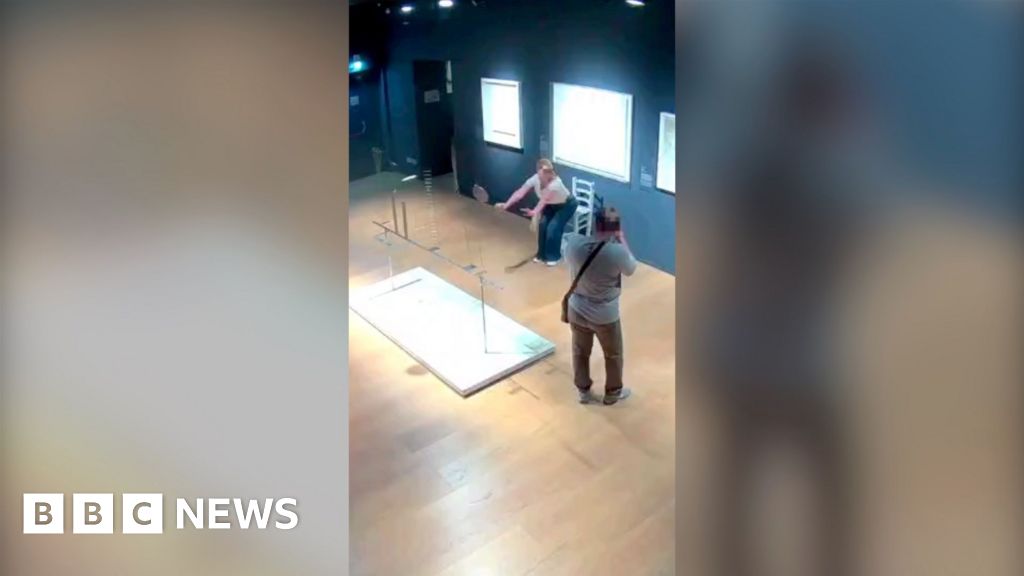ARTICLE AD BOX
 More than 350,000 people were in attendance at the British Grand Prix across three days
More than 350,000 people were in attendance at the British Grand Prix across three daysData from the UK government's Covid pilot scheme to test the return of big crowds to venues has shown major events "can be conducted safely".
Data from 37 trial events, including the British Grand Prix and Wimbledon, found case numbers were "largely in line with or below" community infection rates during the four-month programme.
But data for the Euro 2020 final shows 2,295 people at or near Wembley were likely to have already been infected, while another 3,404 potentially acquired Covid-19 around the event.
"We've shown that we can reintroduce mass sports and cultural events safely but it is important that people remain cautious when mixing in very crowded settings," said culture secretary Oliver Dowden.
"So that we can keep the football season, theatres and gigs safe with full crowds this winter, I urge sport, music and culture fans to get the vaccine as this is the safest way we can get big events firing on all cylinders once more."
The government's Events Research Programme included London theatre performances and music festivals, including Download, Tramlines and Latitude, as well as sporting events.
Figures published on Friday showed that NHS Test and Trace recorded 585 cases at the time of July's British Grand Prix, which hosted the largest crowd in the UK in over 18 months with more than 350,000 people in attendance across three days.
Of those cases, 343 were likely to have already been infectious, while 242 cases are from people likely to have acquired an infection around the time of the event.
At Wimbledon the same month, which hosted about 300,000 people over two weeks, 881 cases were recorded through NHS Test and Trace.
That breaks down to 299 cases that were likely to have already been infectious, with 582 cases likely to have picked up infection around the time of the championships.
The Department for Culture, Media and Sport said: "Assumptions cannot be made that transmission definitely happened at the event, nor that individuals became infected at the time of their attendance at an event."
The Euro 2020 final between England and Italy took place during a time of higher underlying community prevalence of Covid-19.
That, and the significant numbers of ticketless fans who gathered at Wembley, "likely contributed to the increased infections data".
"Euro 2020 was a unique occasion and it is unlikely we would see a similar impact on Covid-19 cases from future events," said Dr Jenifer Smith, deputy medical director at Public Health England.
"However, the data does show how easily the virus can spread when there is close contact and this should be a warning to us all as we try and return to a cautious normality once again."
Michael Kill, the chief executive of the Night Time Industries Association, said: "We are pleased to see that the data supports the ability for cultural events, particular club shows and mass gatherings to take place safely.
"The industry are doing an amazing job of maintaining safe spaces for people to engage socially, and following a month of opening, we are pleased to see consistent figures which show a measured drop in cases and mortality rates.
"We hope that these results will bring a renewed confidence in the key sectors."

 3 years ago
183
3 years ago
183








 English (US) ·
English (US) ·